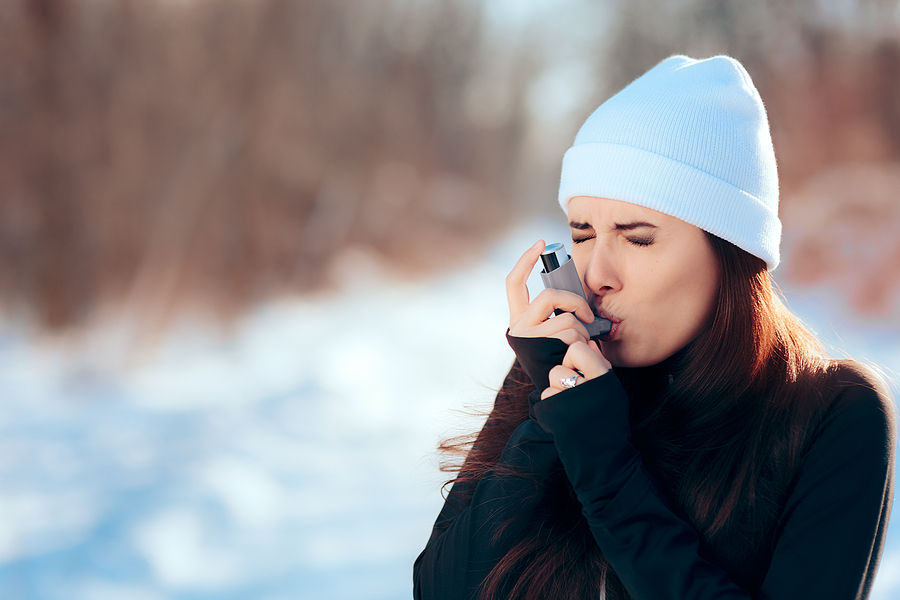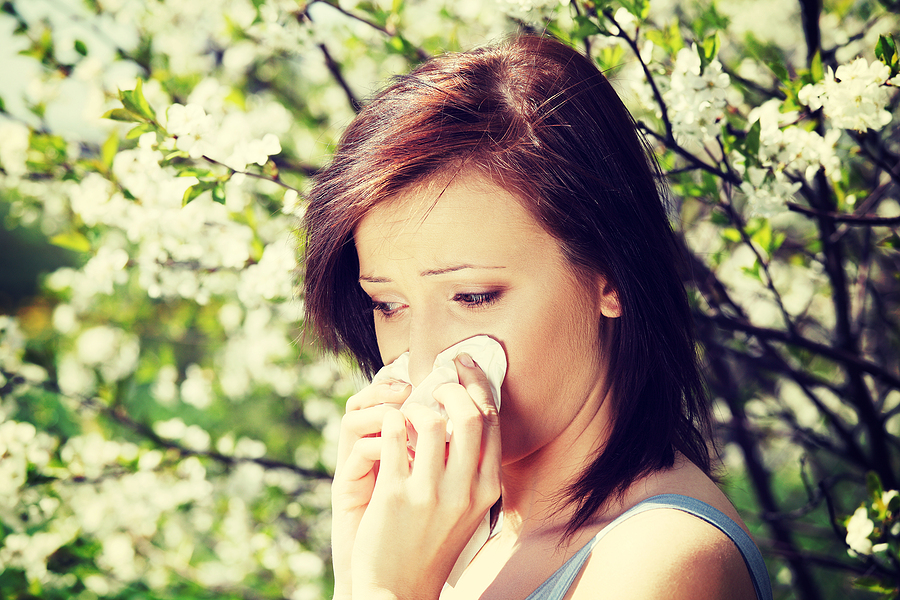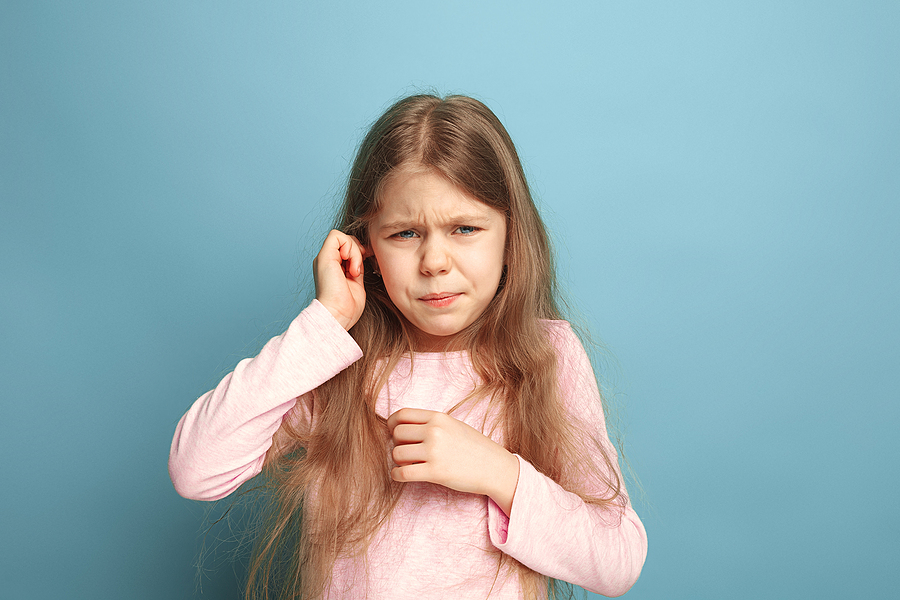Breathe Easy: Common Spring Allergens in Fresno and How to Combat Them
Posted By:SSG Admin Posted On:25-Apr-2024
Spring is here, and it’s a welcome arrival. The weather has been a rollercoaster so far this year. February saw tremendous flooding and heavy winds. Now that April’s here, days are warm and nights are cooler. It’s perfect weather. However, pollen counts are also climbing.
Allergies are no fun. They drag you down. Your sinuses burn, and your eyes are itchy and watery. You keep sneezing, and all the post-nasal drip is making your throat scratchy. What common allergens are affecting your enjoyment of Fresno’s weather and ample outdoor activities?
The Three Most Common Pollens
There are going to be allergens in your house from dust mites, any pets you happen to own, perfumes and dyes in cleaners and beauty supplies, and mold/mildew spores. You also have pollen that makes its way inside. There are three main pollens in the spring.
Weed Pollen
Weeds grow everywhere, and one of the worst allergens in Fresno is ragweed. Ragweed pollen is low right now, and it will get worse as summer progresses. There are low levels of ragweed pollen in Fresno right now though, so it’s worth mentioning it.
The plants are weeds that thrive throughout the country in both suburban and rural communities. They start growing in the spring and develop long, spiky protrusions that carry a lot of pollen. That pollen is more likely to be released when it’s windy, warm, and dry. Once it’s in the area, it gets into clothing, hair, and even your skin.
If you’re sensitive to ragweed pollen, it can be unbearable with a runny nose, cough, and itchy throat being the most common allergy symptoms. It’s also an understandable reaction if you ever see what one of the plant’s pollen looks like close up. It’s a round orb of spikes. The pollen lasts up to 10 weeks, too, so it’s around for a while.
Grass Pollen
Grass pollen is increasing and reached moderate levels in April. It occurs when male plants release pollen to help female plants grow and spread. The pollen spreads best on warm, dry, windy days. In Fresno, Bermuda and Johnson grasses are the most likely to trigger grass allergies.
This is a very common allergy, but some grass pollen is managed by keeping grass mowed regularly. That trick doesn’t work with all types of pollen, however. Perennial ryegrass is one of the best options for people with allergies. Consider replacing grass with herbs like oregano or creeping thyme.
Because grass pollen clings to your clothes, skin, and hair, it’s going to end up inside your home. It also will come in on your pets. While ragweed pollen has a lot of spikes, grass pollen resembles a microscopic football-shaped cantaloupe. The ridges can be brutal on your sensitive sinuses.
Tree Pollen
Right now, tree pollen is at high levels. If you’re experiencing allergies, tree pollen is very likely to blame. Birch, oak, and poplar pollen counts are high. You may find that cedar, juniper, and pine are the biggest offenders where you are. You often see tree pollen as it forms a yellow-green layer of dust on outdoor furniture and cars.
Under a microscope, tree pollen often resembles uneven orbs that almost resemble a sprouting bean seed. That uneven surface irritates your delicate nasal tissue.
Tree pollen can travel for miles in the wind. That makes it hard to avoid, even if you live in a suburban neighborhood with few trees around. You’ll carry it inside on your clothes, hair, and skin, which brings it inside.
What Can You Do to Lessen Allergy Symptoms in Fresno?
When you’re dealing with allergies in Fresno, there isn’t a cure. There are other things you can do to help alleviate some of the symptoms.
Clean the Air Inside Your Home
One of the first things to do is to invest in an air purifier in your home. Air purifiers come in a range of prices, and some have permanent filters that you wash clean and reuse.
If you have central AC, make sure you’re changing your filter often to avoid circulating pollen in your home. A dirty filter is going to make your AC work harder and it’s not going to be able to catch the particles coming from the rooms in your home.
Keep the Windows Closed
We know how tempting it is to open up all of the windows and let in the fresh air. Keep windows shut in the late morning and evening. Pollen counts are usually highest right before sunrise and through mid-morning. Cooler morning air keeps pollen counts lower to the ground.
After 10 a.m., pollen counts tend to decrease until late afternoon. After 4 p.m., close your windows for the day. Again, as the air cools, pollen settles towards the ground.
However, this isn’t the case with every type of pollen. Some pollens increase more at night. If you have severe allergies, it might just be better to keep the windows closed or try another option.
Put Outdoor Clothes Straight Into the Wash.
If possible, change out of your clothes as soon as you enter your home. Go straight to the laundry room and get the clothes into the wash. Shower all pollen from your hair and body. That’s the only effective way to keep pollen out of your home, but there will still be some pollen that falls off when you enter your home.
Use Allergy Medications to Alleviate Your Symptoms
Over-the-counter allergy medications can help ease some of the symptoms. Instead of struggling with a runny nose, sneezing, scratchy throat, watery eyes, and other distracting symptoms, allergy meds can help.
Make sure you ask your doctor for a recommendation first, as some medications may conflict with any prescription medications you currently take. If you have high blood pressure or kidney disease, the use of antihistamines isn’t always recommended. You’ll need guidance on the best options to use to help prevent other health issues.
Talk to an Allergy Specialist
Work with an allergy specialist to find other solutions to ease your symptoms. If over-the-counter allergy medications are not enough, prescription allergy medications may help more.
Allergy injections help Fresno residents lessen or stop symptoms. These shots are given in a series, but their effectiveness can help you lower the symptoms for years. If you have severe allergy symptoms or experience asthma attacks because of the pollen in the air, allergy shots are worthwhile.
Ask a doctor who specializes in allergies about allergy medications and shots that will help eliminate your severe symptoms. If you’re finding it hard to focus, it’s time to take a step towards more permanent relief. Fresno allergy specialists can help you feel better so that you’re able to focus on the things you love doing. Make an appointment today.





